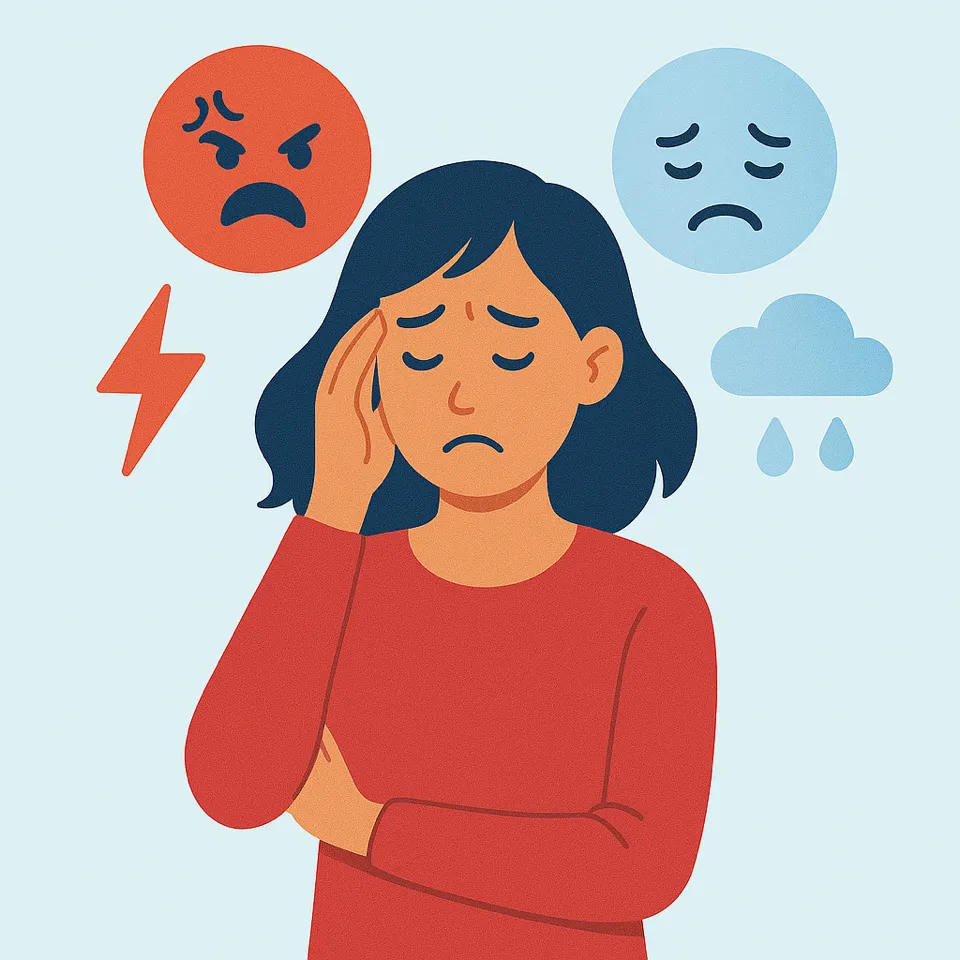What is Clinical Depression or Major Depressive Disorder?
Depression is a mental health condition characterised by persistent sadness, hopelessness, and a loss of interest or pleasure in activities. While feelings of sadness are a normal response to certain life events, clinical depression or major depressive disorder (MDD) is more severe and long-lasting. For a diagnosis of MDD, symptoms must persist for at least two weeks and interfere with daily functioning across social, work, or personal domains.

Depression can manifest in various forms and severity levels. In addition to MDD, there are other recognised types of depression, including:
- Persistent Depressive Disorder (PDD), also known as dysthymia, which involves milder but chronic symptoms lasting two years or more.
- Seasonal Affective Disorder (SAD), where symptoms follow a seasonal pattern, typically worsening in the darker winter months.
- Postpartum Depression, which affects individuals after childbirth and can impact their ability to care for their baby
Depression can impact every aspect of life, but with the right combination of treatment, including therapy, medication, and lifestyle changes, individuals can manage their symptoms effectively and improve their quality of life.
Top Myths About Depression
Knowledge is power and understanding these myths helps reduce stigma and encourages individuals to seek the care they need.
Depression is a treatable condition, and with the right support, those affected can experience meaningful recovery and improved well-being. If you or someone you know is struggling, professional help is the first step toward healing.
Don’t be Fooled by Fake Quizzes
Struggling to find motivation or joy in things you used to love? You’re not alone—and we understand how confusing it can be to sort through all the conflicting information out there. Many online quizzes oversimplify depression or fail to capture its complexity.
We believe everyone deserves access to accurate, professional guidance when exploring their mental health. That’s why our comprehensive Depression pre-assessment tool is based on the DSM-5.
Common Symptoms of Depression
People with depression may experience a variety of physical and psychological symptoms, including:
Struggling with Sleep
Do you have difficulty sleeping (insomnia) or find yourself sleeping excessively?
Significant Weight Changes
Have you experienced a noticeable weight loss or gain that isn’t related to any dietary changes?
Feeling Persistently Sad or Hopeless
Do you often feel a deep sense of sadness or hopelessness that doesn’t seem to go away?
Recurrent Thoughts of Death
Do thoughts of death or suicide come to mind more frequently than before?
Experiencing Fatigue or Low Energy
Do you feel constantly tired or find yourself lacking energy nearly every day?
Overwhelmed by Negative Feelings
Do you often experience feelings of worthlessness or excessive guilt?
Symptoms can vary among individuals and change over time. Some may experience both mania and depression, which is a characteristic of bipolar disorder (formerly referred to as manic depression).
*The DSM-5 (Diagnostic and Statistical Manual of Mental Disorders) is the gold standard used by Psychologists and Psychiatrists to diagnose mental health conditions. Created by the American Psychiatric Association, it’s a globally recognised guide that outlines the criteria for conditions like ADHD, Autism, and Bipolar Disorder and more. The most recent edition, the DSM-5-TR, was released in 2022.
DSM-5-TR offers detailed descriptions of various mental disorders, including their symptoms, prevalence, course, and associated features. It serves as a crucial reference for clinicians, researchers, educators, and policymakers in the field of mental health.
This manual helps clinicians accurately identify and diagnose mental health conditions, guiding treatment planning and interventions. It also facilitates communication among professionals by providing a common language and framework for understanding and discussing mental health disorders.
DSM-5-TR is periodically updated to reflect advancements in scientific understanding, changes in diagnostic criteria, and emerging trends in mental health research. It plays a vital role in shaping clinical practice, research initiatives, and public health policies related to mental health and psychiatric disorders.
